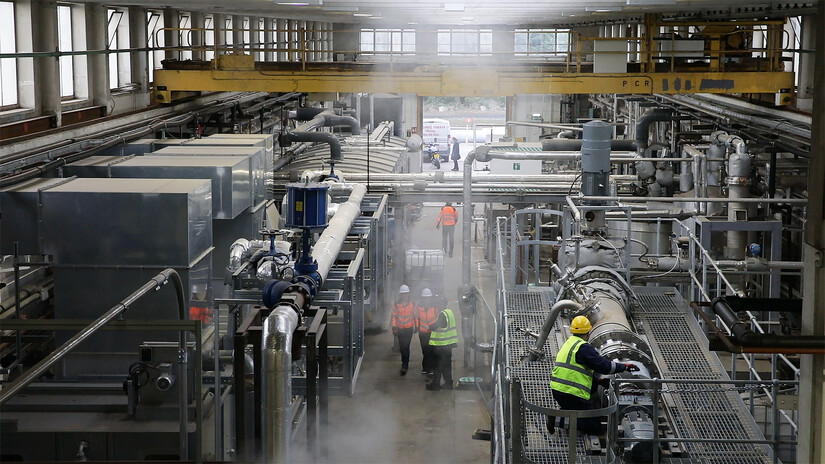In a significant stride towards aviation decarbonization, ‘Project Speedbird,’ a collaborative effort between Nova Pangaea Technologies (NPT), LanzaJet, and British Airways (BA), has successfully secured £9 million in funding from the Government’s Advanced Fuels Fund (AFF) competition.
This funding injection, with NPT receiving £7.5 million and LanzaJet £1.5 million, follows substantial multi-million-pound investments from International Airlines Group (IAG) and British Airways earlier this year into NPT and Project Speedbird, respectively. IAG, the parent company of British Airways, is also a founding investor and shareholder of LanzaJet since 2021.
Project Speedbird aims to pioneer the production of Sustainable Aviation Fuel (SAF) using innovative technologies from NPT and LanzaJet. NPT’s technology converts agricultural waste and wood residue into second-generation biofuels like ethanol, while LanzaJet’s proprietary technology transforms ethanol into SAF. The resulting SAF is projected to yield 102 million liters annually, reducing CO2 emissions by 230,000 tonnes each year, equivalent to approximately 26,000 British Airways domestic flights.
This joint endeavor is a vital component in the global effort to decarbonize the aviation industry. The funding from the AFF is anticipated to position the UK as a front-runner in SAF production, furthering the commitment to making air travel more sustainable.
The innovative SAF production process involves converting wood residues and agricultural waste into advanced biofuels and biochar. Nova Pangaea Technologies’ CEO, Sarah Ellerby, expressed enthusiasm about the investment, emphasizing its role in accelerating the development and commercialization of their technology. Nova Pangaea’s first commercial-scale production facility, the NOVAONE project in Teesside, is poised to be a game-changer, utilizing wood residues and non-food derived agricultural waste as feedstocks.
Carrie Harris, Director of Sustainability at British Airways, highlighted the critical role SAF plays in achieving net-zero targets and lauded the government’s investment in Project Speedbird. Harris emphasized the potential for the UK to lead in SAF production, marking a significant moment for British Airways and SAF production in the country.
Jimmy Samartzis, CEO at LanzaJet, acknowledged the urgency of addressing climate change in the aviation industry. He applauded the government’s support, emphasizing the collaborative growth facilitated by Project Speedbird and expressing excitement about working with exceptional partners like Nova Pangaea Technologies and British Airways.
Project Speedbird aims to achieve full SAF production capacity by 2028, contributing to the UK’s SAF mandate requiring at least 10% of jet fuel to be derived from sustainable feedstocks by 2030.
This funding signifies a landmark step towards a more sustainable aviation future, aligning with the global commitment to reducing the environmental impact of air travel. Project Speedbird’s success is not only a testament to innovation in SAF production but also a testament to collaborative efforts in driving positive change within the aviation industry.
Still have some travel questions? Ask in our Travel WhatsApp Group.








